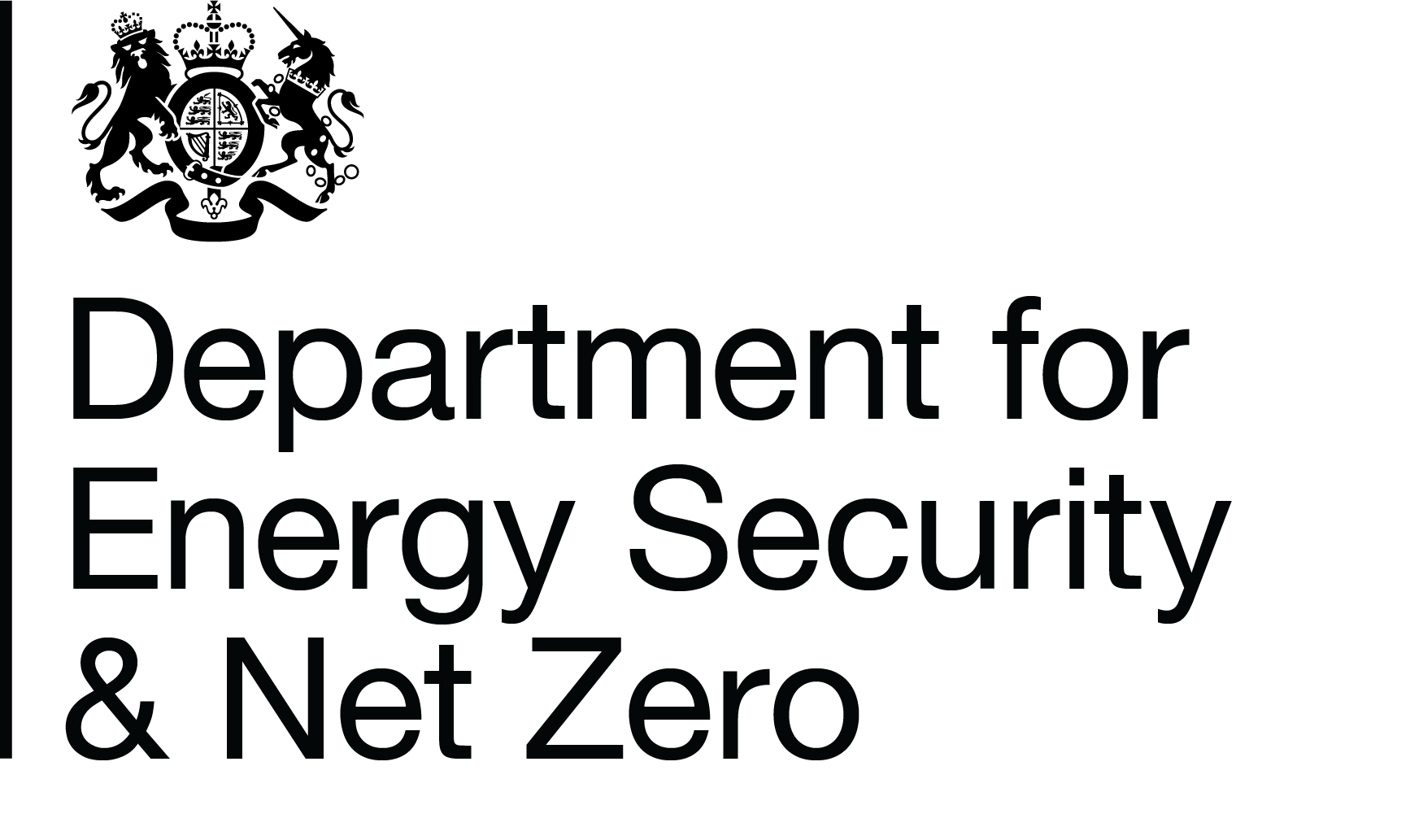The DRHI was scheduled to close to new applicants on 31st March 2021. However, in March 2020 the government announced an extension to the DRHI for 12 months, until 31st March 2022, with final RHI payments being made in 2029. This consultation sets out proposals for the closure of the scheme to new applications from 31st March 2022. As the scheme is closing to new applications, we do not intend to introduce any major new policy initiatives into the scheme. Instead, we would like to consider what scheme design and operational changes might be made to future-proof the DRHI, and which would make the scheme easier to both administer and participate in. We also want to ensure that participants are protected from any undue adverse effects post-scheme closure. The reforms seek to:
- Simplify scheme administration and operational delivery;
- Improve the consumer experience for existing participants in the scheme;
- Ensure robust management of the scheme for existing participants for the remainder of the DRHI payment term; and
- Deliver ongoing value for money to the taxpayer.
Reform proposals include:
- Allowing for updated versions of installation standards, calculators, and consumer codes of practice;
- Reducing the amount of reporting that BEIS will publish about the DRHI after it closes;
- Amending some of the processes around metering for payment, and metering and monitoring service packages (MMSPs) to make administration more efficient and flexible; and
- Introducing mandatory annual maintenance checks, and raising fuel quality standards, for biomass installations, bringing the DRHI in line with recommendations in the April 2020 government response to the Renewable Heat Incentive: biomass combustion in urban areas consultation
An Assessment of Impact will be published during the DRHI closure consultation period. It will provide further details of the assumptions made in proposing these design and operational changes.
Possible amendment to the Non-Domestic RHI scheme
This document concentrates on the DRHI scheme. However, we are also taking the opportunity to consult on a possible amendment to the NDRHI, where we are asking for more information from industry around the possible introduction of tamper proof seals.

Share
Share on Twitter Share on Facebook